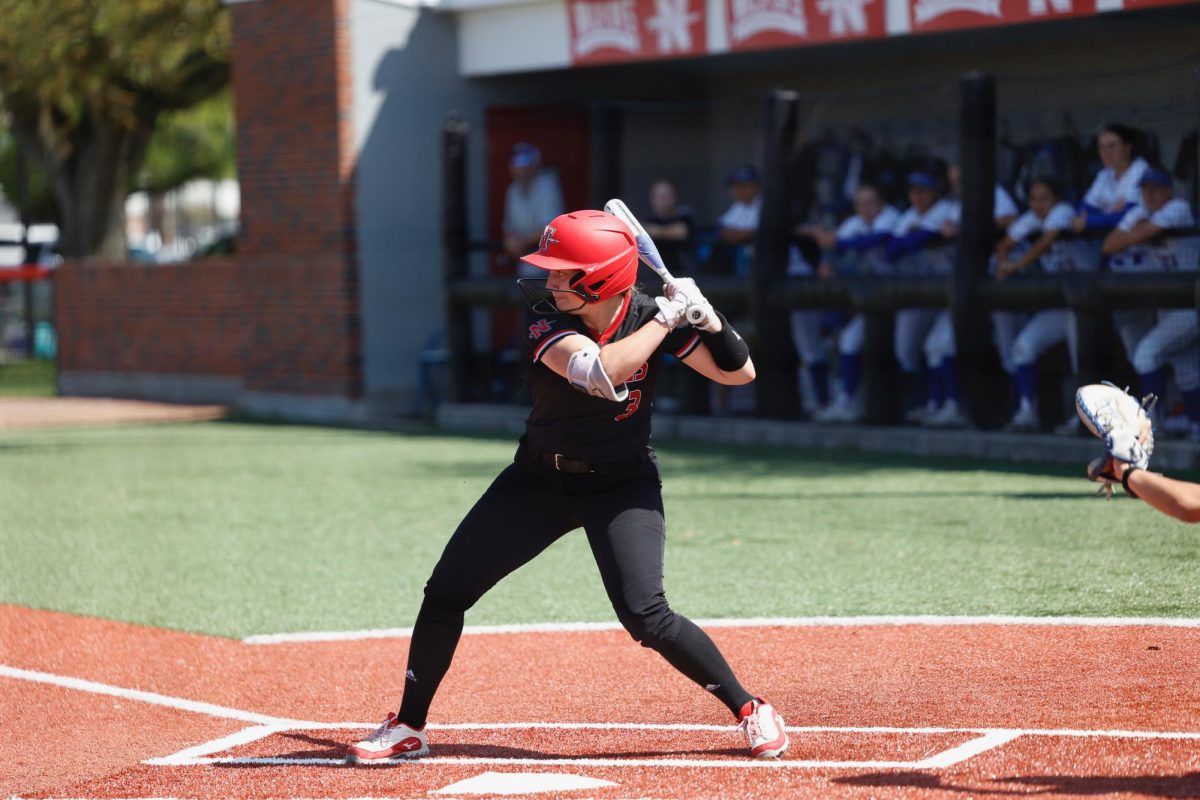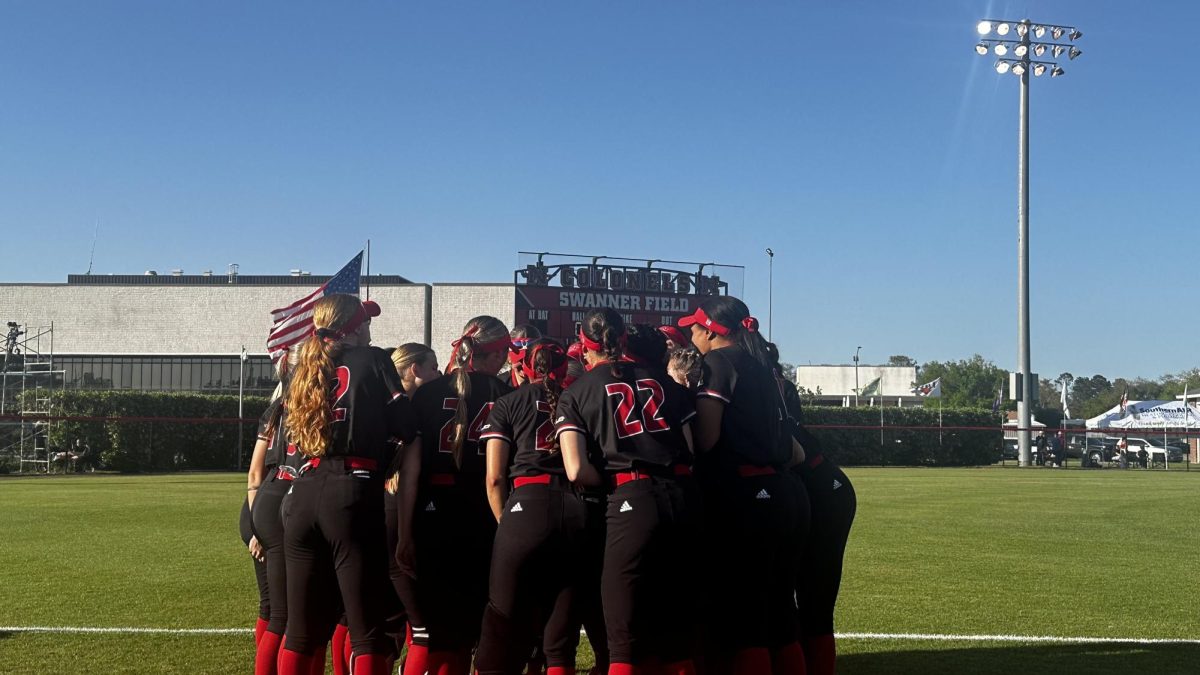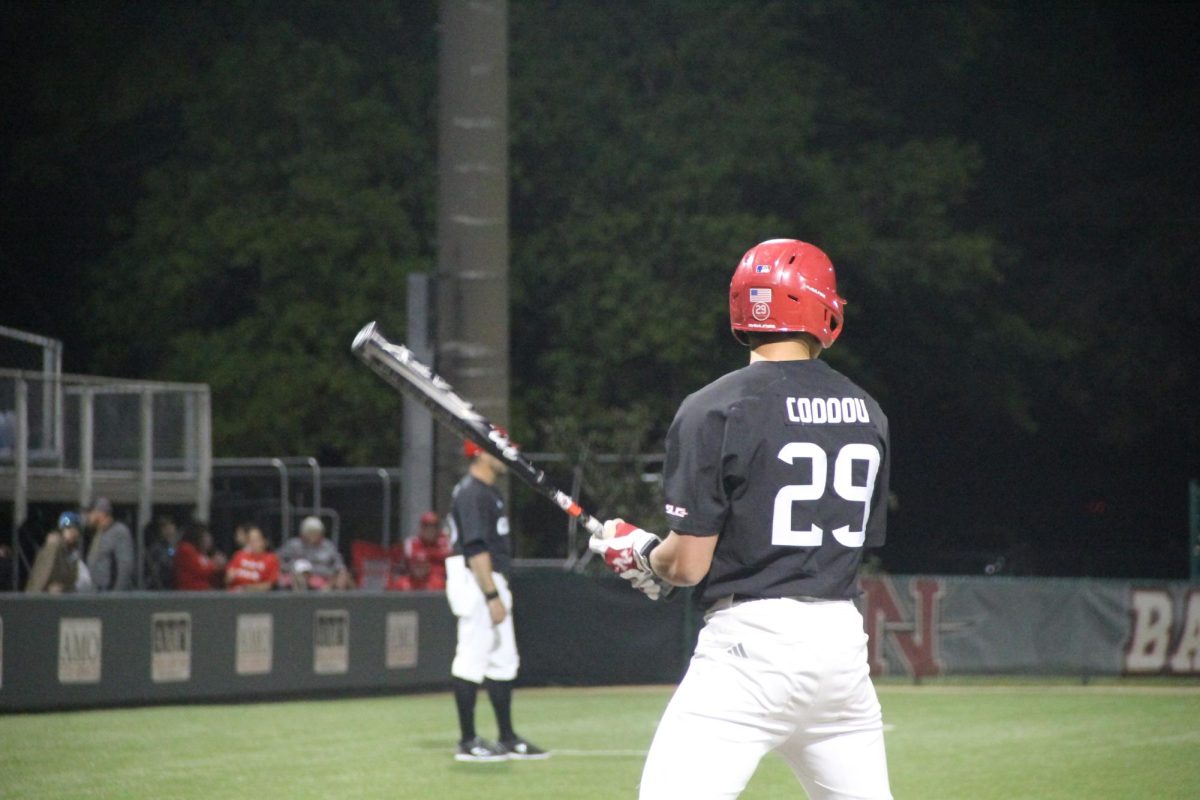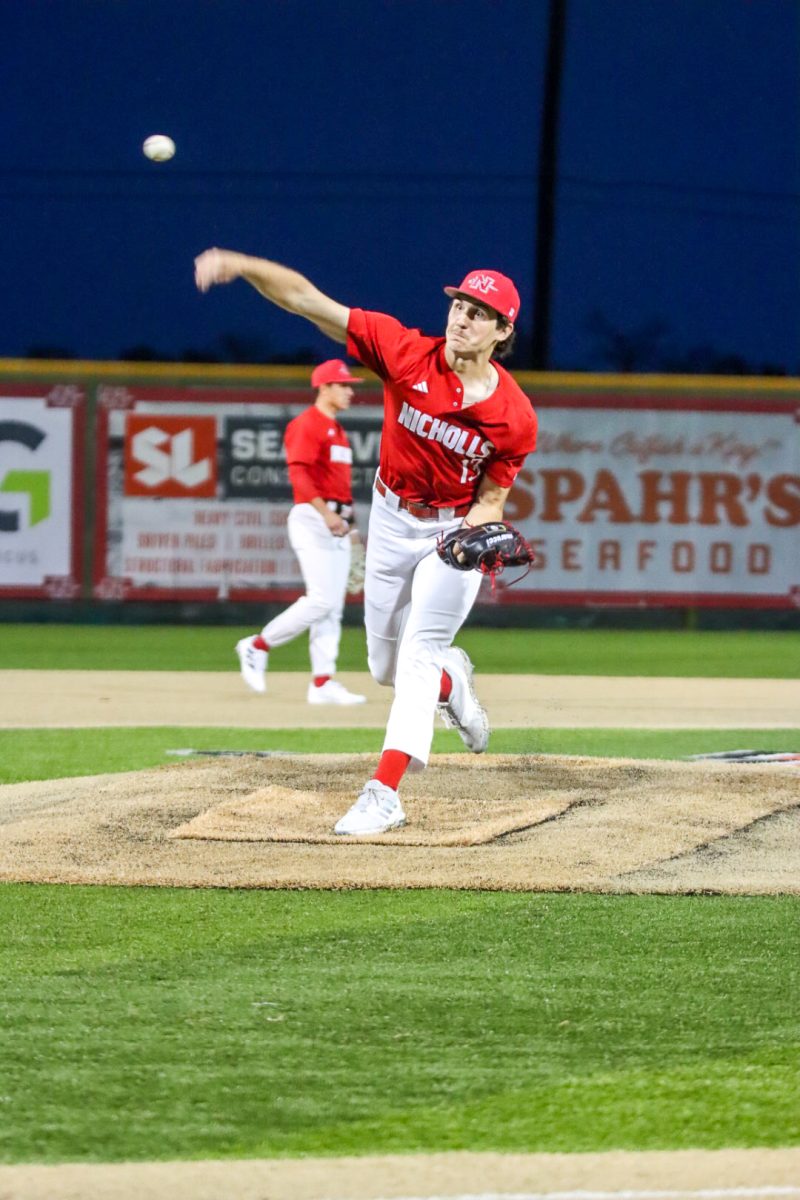The entire offseason teams like Ohio State, Oregon and Miami saw their reputation become tainted due to recruiting violations, and the Nicholls athletic department is doing what it can to keep the National Collegiate Athletic Association away from Thibodaux.
Ohio State lost their head coach, Jim Tressel, due to all the NCAA rules violations. Oregon found themselves in deep water after being accused of giving agent Willie Lyles compensation for recruitment information. Miami has just recently been convicted by former booster Nevin Shapiro that he treated over 72 players to nightclub outings, sex parties, cars and other gifts, which all have been reported by ESPN.
Nicholls’ athletic director Rob Bernardi said he stands against the recruitment infractions that Oregon and Ohio State committed, but understands how difficult it is to know what is going on all the time.
“Certainly I don’t condone any (recruiting violations), and I can’t say I know all the details of it,” Bernardi said. “But both of those institutions face some pretty stiff penalties. In the case of Ohio State, there’s some sympathy because it’s difficult for athletic administrators to know everything that’s going on every time of day. So on one hand I can certainly sympathize for them, but on the other hand, I find them to be at a great deal of fault when they were made aware of something and didn’t follow through on it.”
Nicholls’ new Compliance Athletic Director, James Downer, said that these situations are why compliance departments are so vital to the University.
“Well, it’s hard for me to comment on that just because I’m not part of it,” Downer said. “Is it something that all athletic departments have to safeguard against? Absolutely, and that’s why compliance is an essential part of the athletic department and a university-wide function.”
Downer, an Oklahoma graduate with a master’s in Adult and Higher Education with a concentration in Intercollegiate Athletic Administration, said it is tough to be a 20-year-old student and to be enticed by money that recruiters and boosters might offer, but the Compliance Department at Nicholls takes steps toward educating the student athletes about what they can and cannot do
“At the start of the year, there’s a compliance meeting where we go over some basic rules that go all the away from amateurism to banned substances on the NCAA list,” Downer said. “We also have a student-athlete handbook that provides student guidelines and structure in terms of how we operate as a department and where they need to go if they have questions. All student athletes are always encouraged to contact their coach and contact myself.”
Bernardi said that when you look at institutions like Oregon and Ohio State with huge budgets, staffs and six to eight compliance managers, it is still impossible to monitor the rules and activities of all the student athletes all the time.
“We certainly have the same responsibilities as Ohio State and Oregon to follow all the rules, and we certainly do,” Bernardi said. “But, we don’t have the staff that they have, so we rely on self-policing. We have our coaches and student athletes kind of self-monitor the program, and anything that we find out about we investigate thoroughly.”
Over the course of the off-season with all the recruiting violations, South Carolina head coach Steve Spurrier proposed the idea of paying players to avoid these violations. The proposal started a debate on ESPN about if players should be compensated for their athletic ability in college.
Downer was indifferent about the proposal, while Bernardi was strongly against the idea.
“They are receiving compensation as it is,” Downer said. “Speaking from my perspective and seeing the amount of student loans I pay every month, myself, I would have really liked the opportunity to have my athletic ability subsidized on an a scholarship. I just wasn’t that type of athlete, so me personally, I believe they are being compensated. I really don’t take a strong stance either way, because that’s completely out of my hand.”
“I don’t think they should do that, and I think the presidents came out overwhelmingly in supporting not paying them,” Bernardi said. “We are clearly an amateur organization, and any time you have pay involved we are not an amateur organization. While scholarships may not cover everything, the idea to provide them with an opportunity to compete in collegiate athletics with very little cost to them is a pretty good deal right now for the vast majority of student athletes.”
Bernardi said that the president of the NCAA, Mark Emmert, met with university presidents in hopes of reaching a solution.
“Last week, President Emmert met with 50 university presidents from around the country to discuss some of the issues surrounding the amount of legislation. There’s a good deal of concern amongst them,” Bernardi said. “I think we may see not too far down the line some really significant changes in terms of legislative issues.”


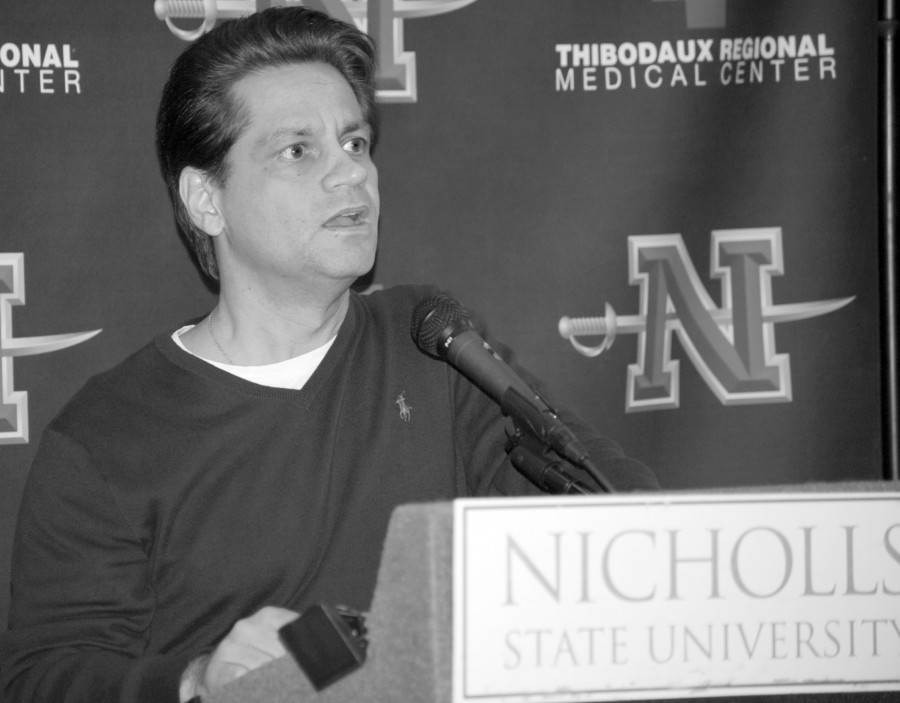
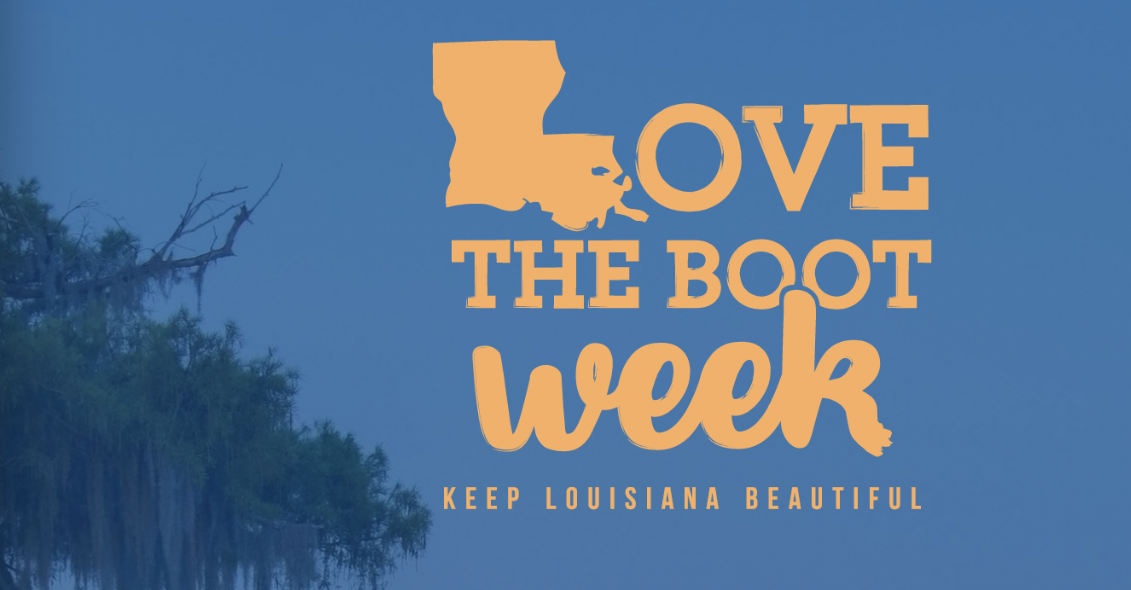

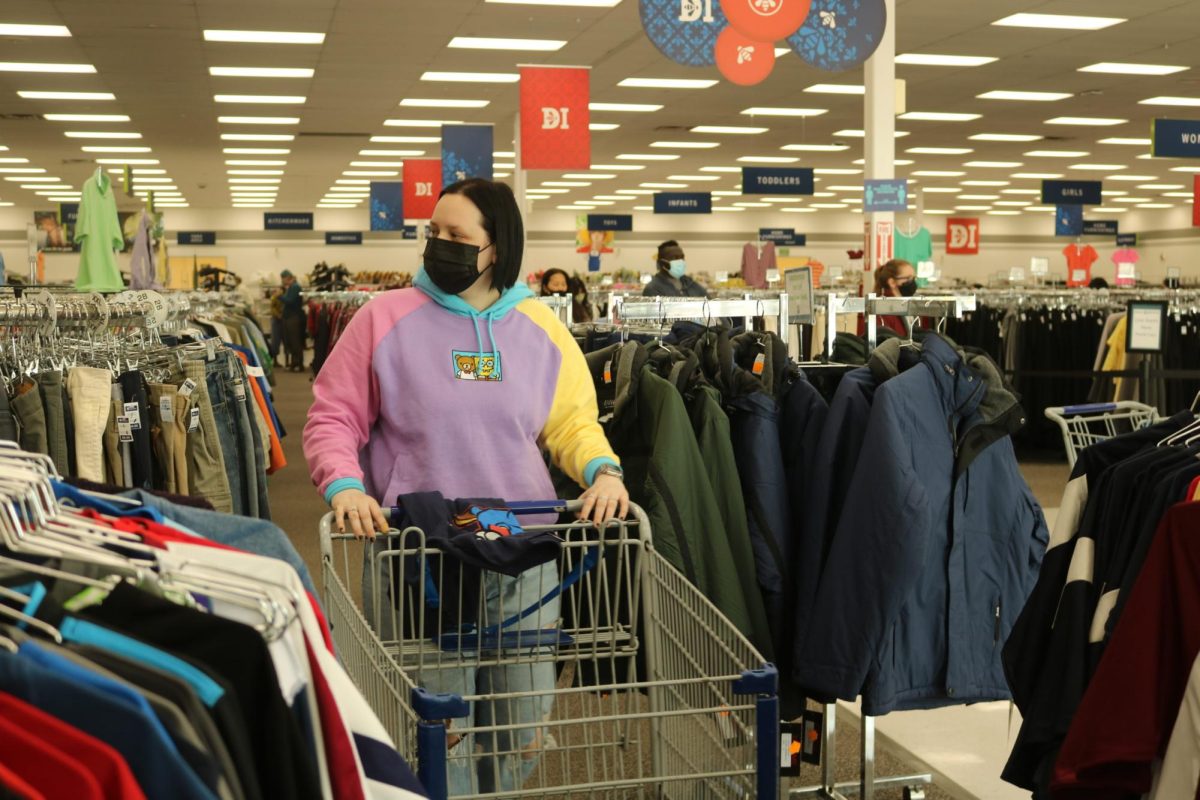
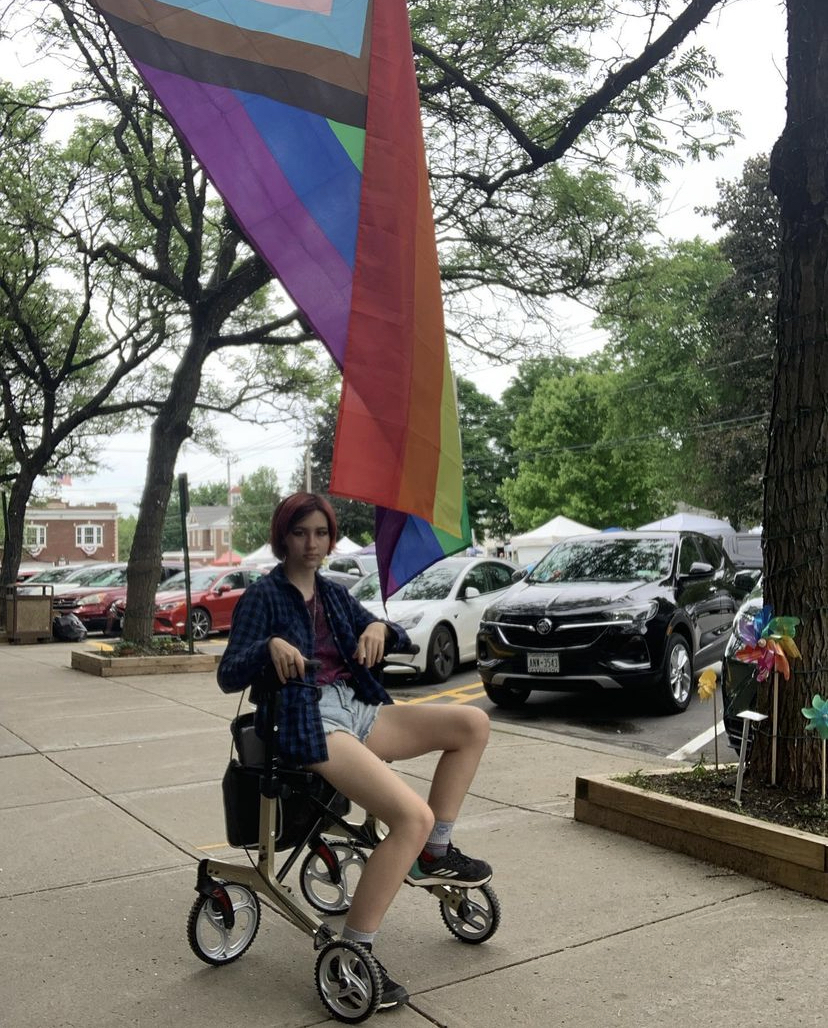
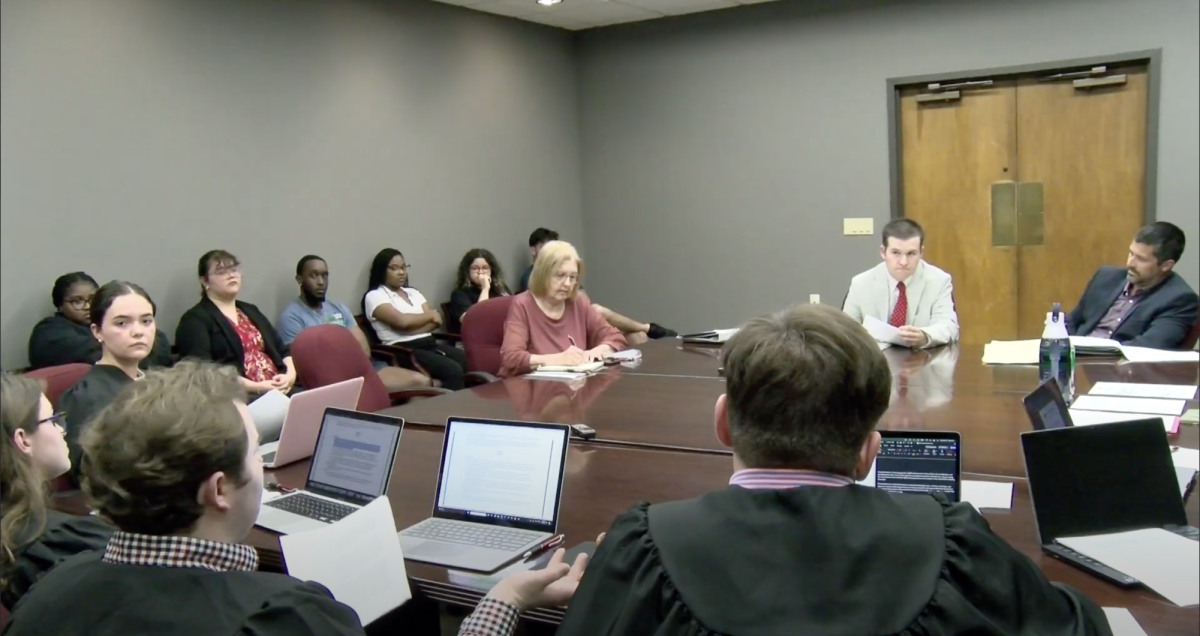
![Nicholls Garrett Felix [#6] advances to first base after drawing a walk against Louisiana on April 2.](https://thenichollsworth.com/wp-content/uploads/2024/04/FelixWalk-at-UL-1200x800.jpg)
